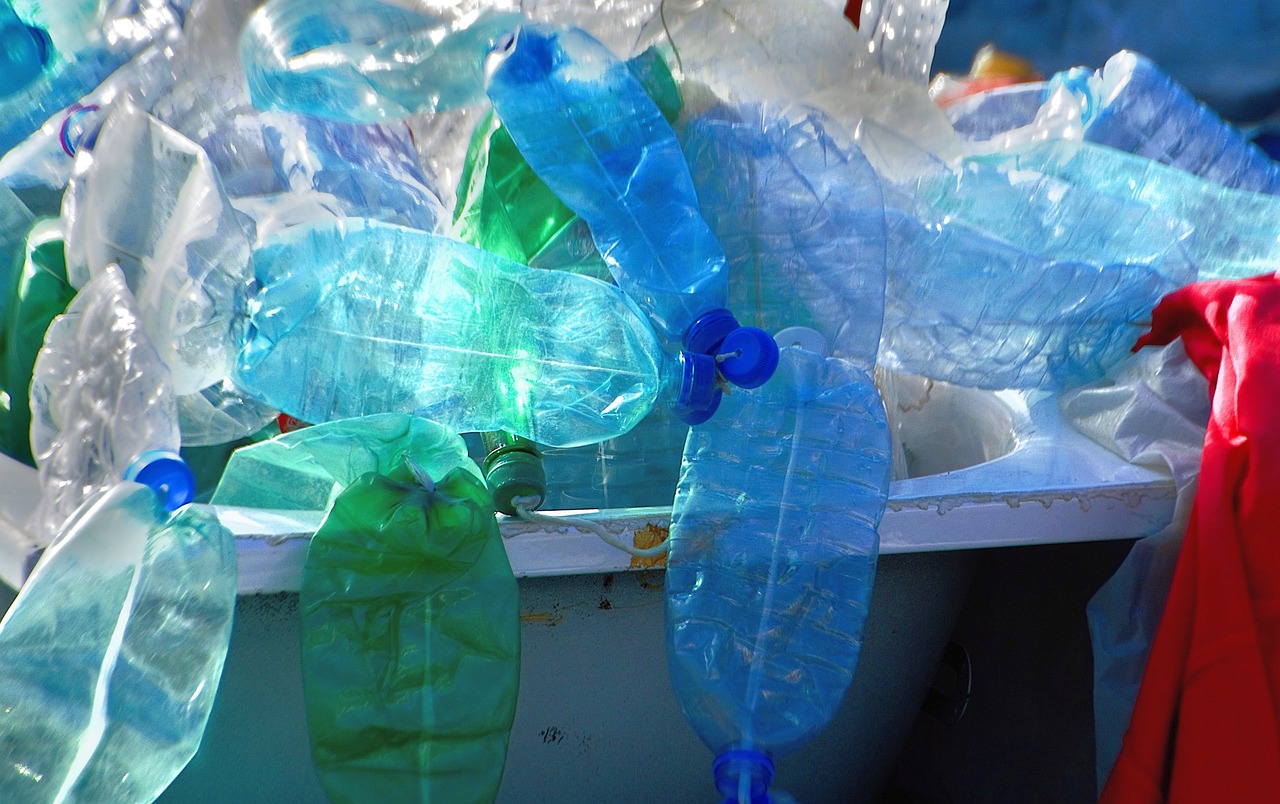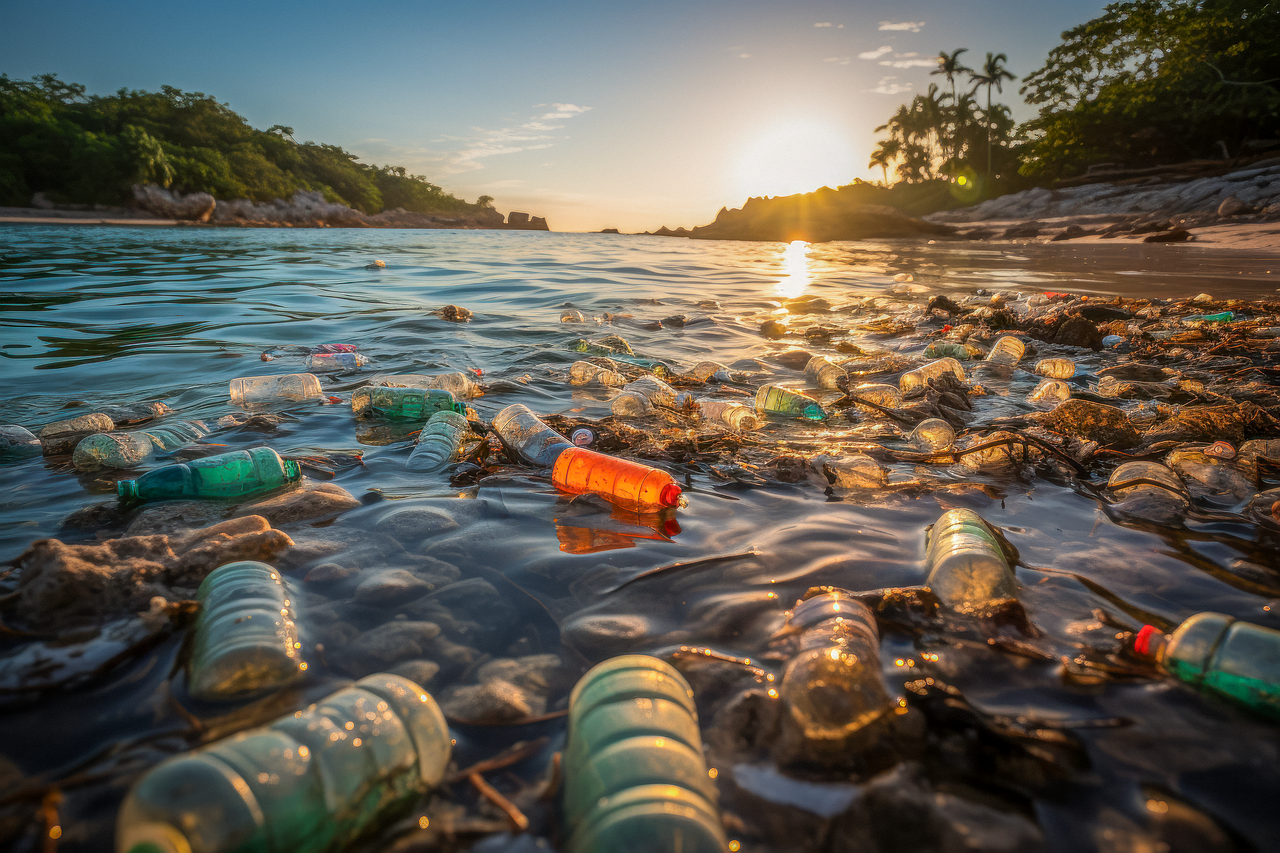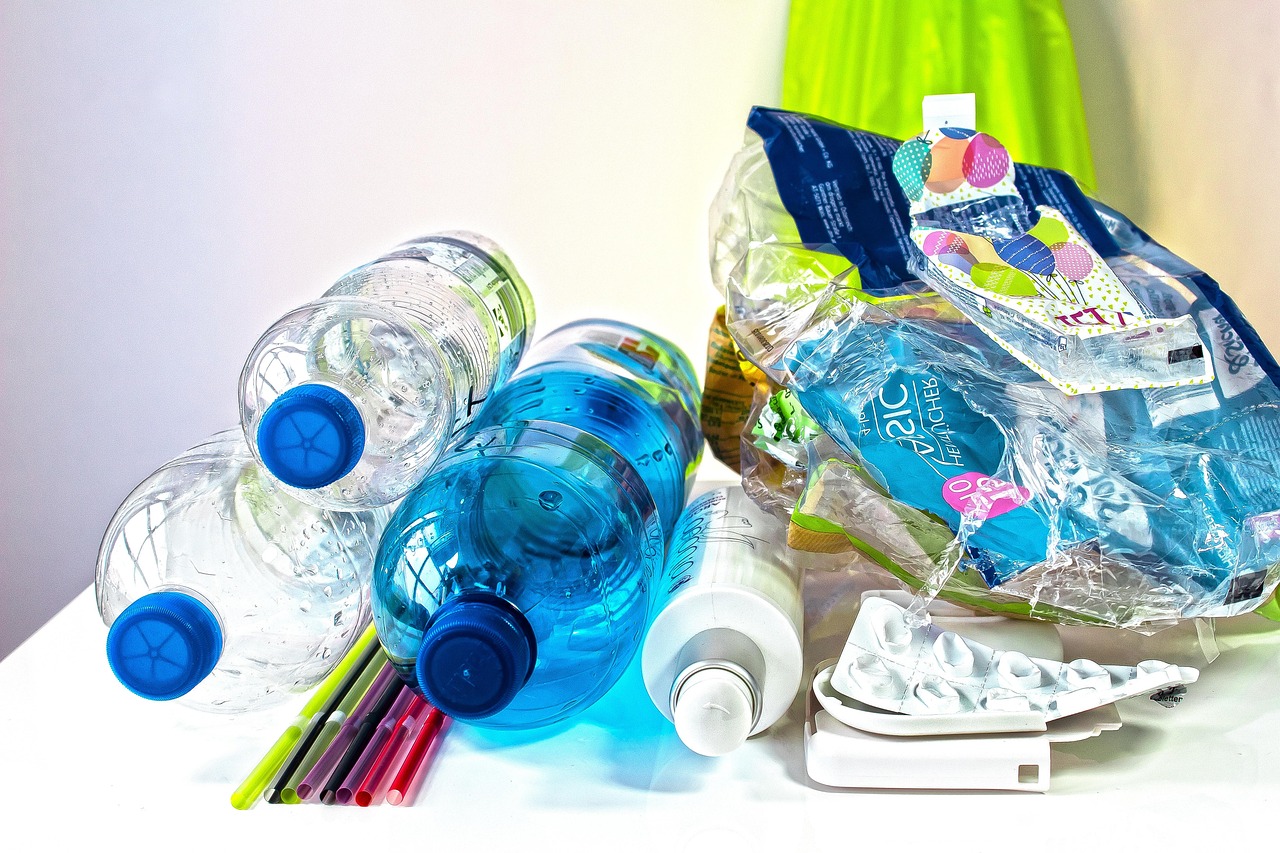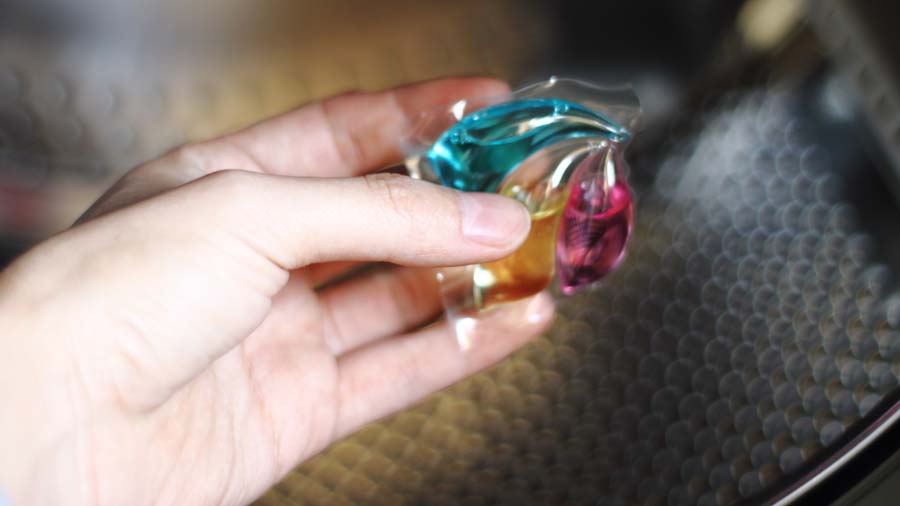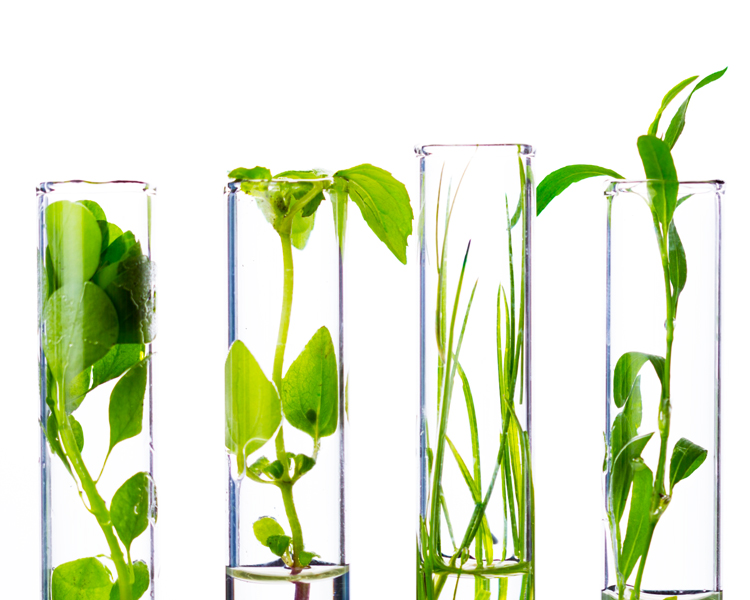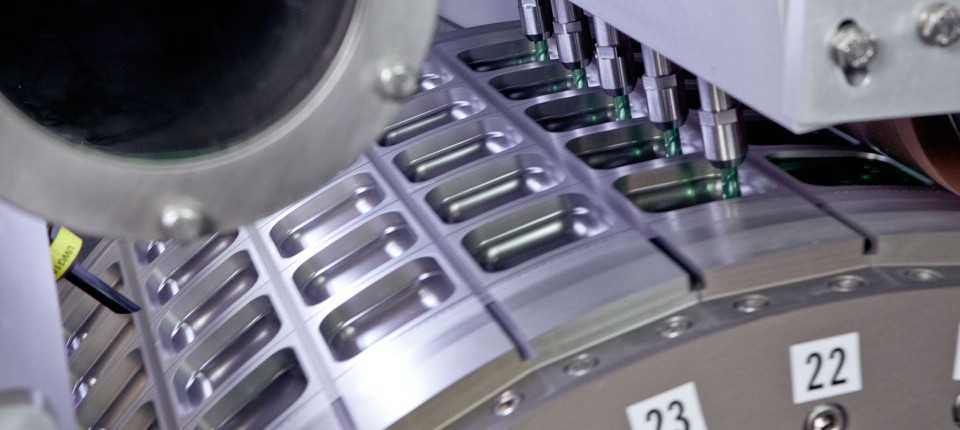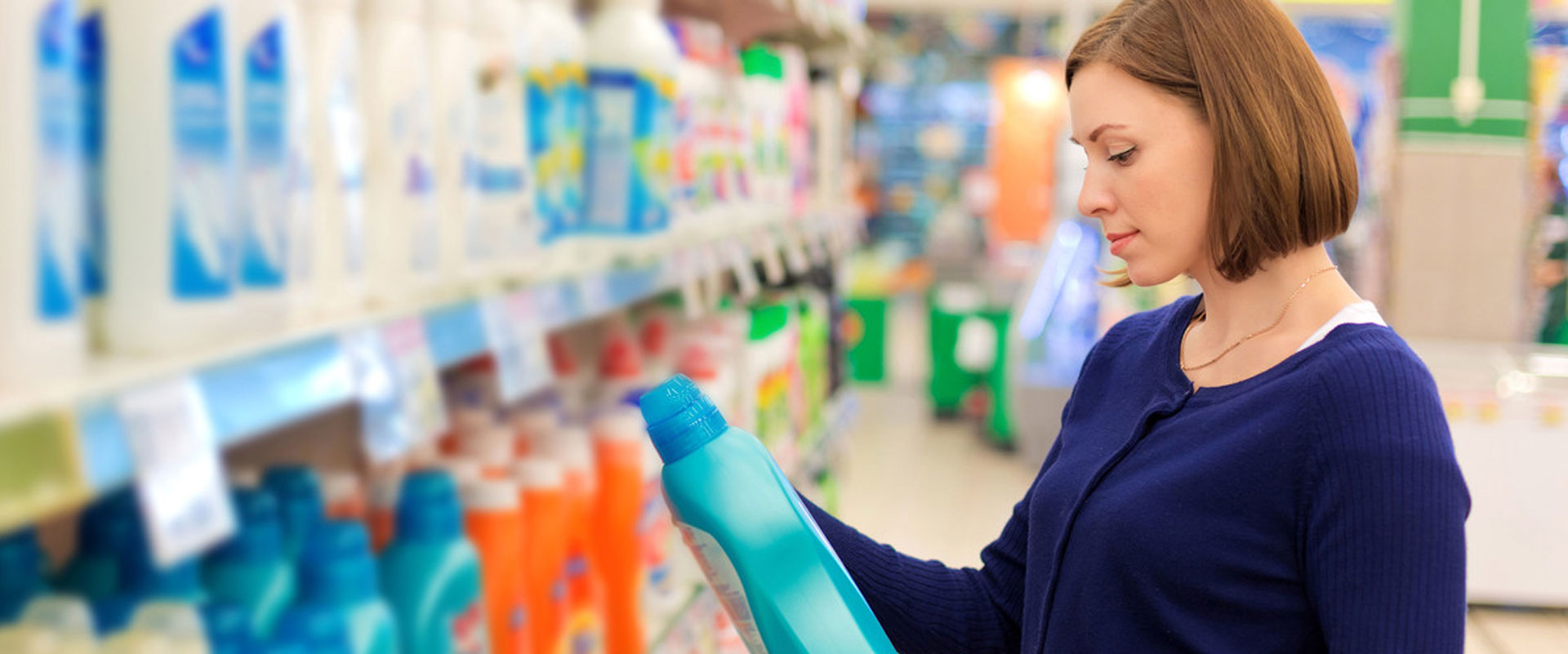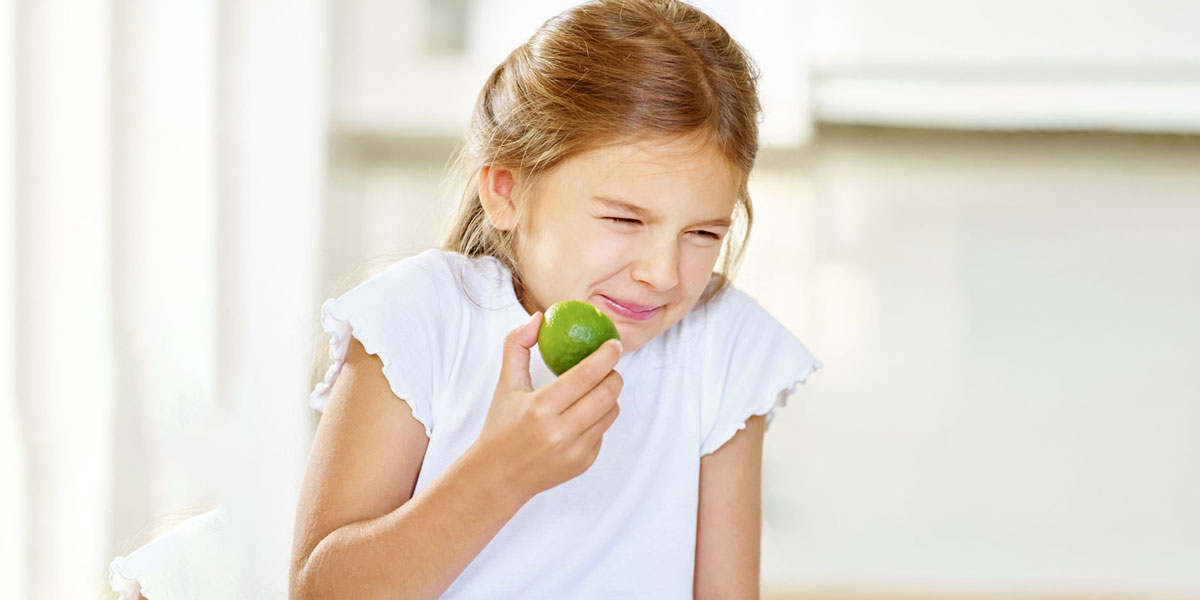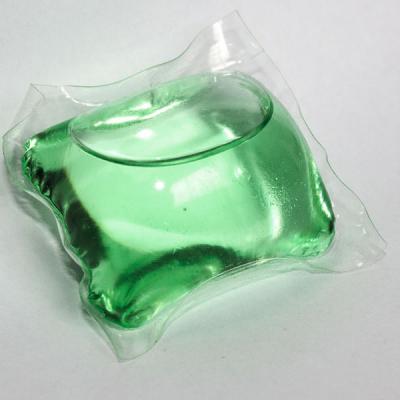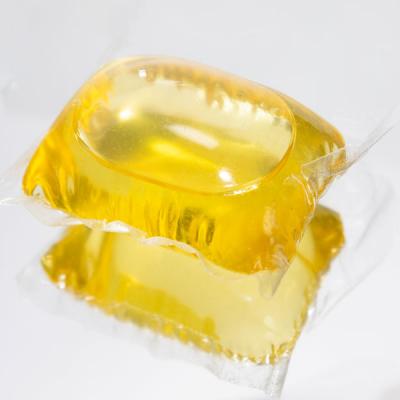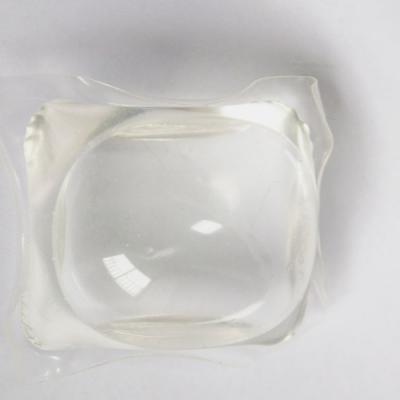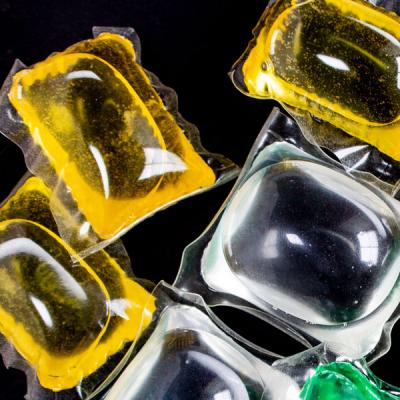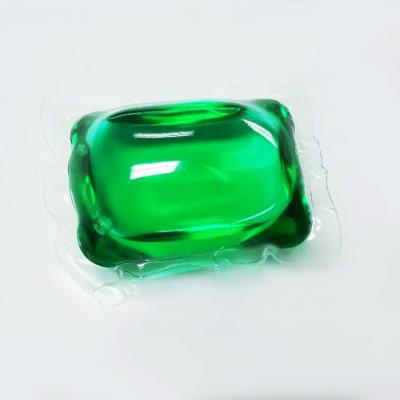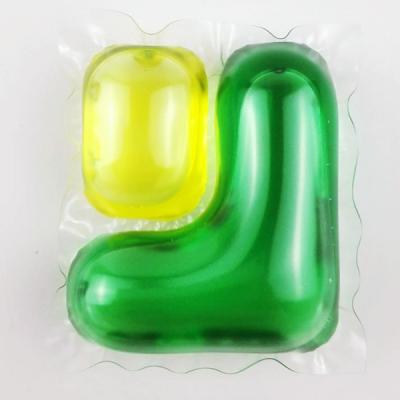The FBI’s latest crime stats missed something: Americans are stealing from themselves every time they buy bottled hand soap. With inflation spiking cleaning costs 18% (BLS 2024) and 91% of plastic bottles ending up in landfills (EPA), a silent revolution is sweeping homes from Texas to Vermont. Forget “reduce, reuse, recycle”—refill pods are rewriting the rules, and Big Cleanup hates it. Here’s the unfiltered truth.
In 2025, the EU’s new plastic tax will charge businesses €0.12 per single-use plastic bottle—a financial blow for hotels, offices, and retailers. But savvy European brands like IKEA and Amsterdam Airport are dodging this cost and winning eco-conscious customers. Their secret? Hand Soap Refill Pods: tiny, waterless tablets that dissolve into premium soap using your tap water. Here’s why this innovation is dominating sustainability headlines—and how your business can profit from the shift.
You’ve probably seen those tiny, colorful pods popping up in eco-stores and online—hand soap refill pods. They promise to save plastic, cut costs, and help the planet. But do they actually work? Are they really greener than your trusty bottled soap? Let’s dive into the science and settle the debate once and for all.
Dishwashers have become a staple in many households worldwide, but the way they are used and perceived can vary significantly depending on cultural, economic, and social factors. In this article, we explore the differences between China and Europe in terms of dishwasher usage across six key dimensions.
When it comes to doing laundry, the choice between liquid detergent and laundry pods often comes down to convenience, effectiveness, and personal preference. Both options serve the same purpose—cleaning clothes—but they each offer unique advantages. Here's a breakdown of the key differences:
The current method of forming water soluble pods has a disadvantage that limited the innovation of the applications,what's the solution for that ?
The current method of forming water soluble pods has a disadvantage that limited the innovation of the applications,what's the solution for that ?
The chemistry of soap manufacturing stayed essentially the same until 1916, when the first synthetic detergent was developed in Germany in response to a World War I-related shortage of fats for making soap. Known today simply as detergents, synthetic detergents are non-soap washing and cleaning products that are "synthesized" or put together chemically from a variety of raw materials. The discovery of detergents was also driven by the need for a cleaning agent that, unlike soap, would not combine with the mineral salts in water to form an insoluble substance known as soap curd.
"Many reports and suggestions to moms about the laundry detergent pods may harm your baby make them very worry about it's safety. Honestly speaking the capsule is the best laundry form we now have on market and will be the next most widely used detergent type. But before that the safety problem should be solved.



